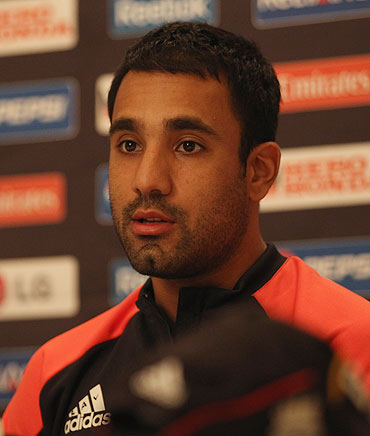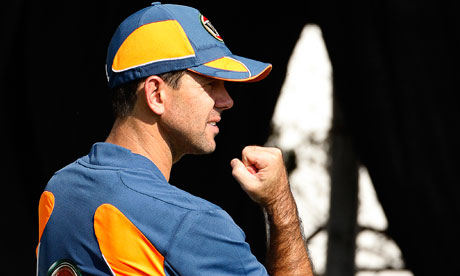
David Cameron has raised the prospect of more aggressive international action against Colonel Muammar Gaddafi in an effort to prevent him carrying out further attacks on his own people.
The Prime Minister has ordered government officials to draw up plans with Britain's allies for a no-fly zone over Libya. He also suggested that anti-regime forces could be armed to help oust the dictator.
The intervention came as Col Gaddafi again dismissed demands to quit, insisting his people "loved" him and blaming al Qaida for the uprising.
Speaking in the Commons on Monday, Mr Cameron said the international community could not tolerate the "illegitimate" regime using military force on the civilian population and warned that they needed to be ready to act if the repression worsened.
"We do not in any way rule out the use of military assets. We must not tolerate this regime using military force against its own people," he told MPs. "In that context I have asked the Ministry of Defence and the Chief of the Defence Staff to work with our allies on plans for a military no-fly zone."
Asked whether Britain would be willing to arm rebel groups, Mr Cameron said: "If helping the opposition would somehow bring that about it is certainly something we should be considering."
The Prime Minister spoke to French president Nicolas Sarkozy on the telephone on Monday night, and agreed that their experts would work together on "the range of possible options for increasing pressure on the regime", according to Downing Street.
US secretary of state Hillary Clinton, attending the United Nations Human Rights Council in Geneva, said that America was also actively looking at the possibility of a no-fly zone. "The no-fly zone is an option we are actively considering. I discussed it with allies and partners," she said. "All options are on the table. That of course includes a no-fly zone."
The Libyan deputy permanent representative to the United Nations, Ibrahim al-Dabashi - one of a number of diplomats to desert the regime - said it was "very important" to have a no-fly zone to "prevent the dictator using helicopters to terrorise people in the streets". "He uses these helicopters to shoot on people," he told BBC Radio 4's PM programme. "People are afraid to go to the streets whenever they see the helicopters."
Meanwhile, in an interview with the BBC on Monday night, Col Gaddafi insisted his people "loved" him. "They love me, all my people love me," he said. "They would die to protect me." Asked why so many appeared to be rebelling, he blamed al Qaida fighters. "This is al Qaida, not my people," Col Gaddafi said. "They come from outside."
Read More
http://www.google.com/hostednews/ukpress/article/ALeqM5jiR8GvGATAwbXGncnlF9D0VN3Vlw?docId=N0218741298949061323A





















